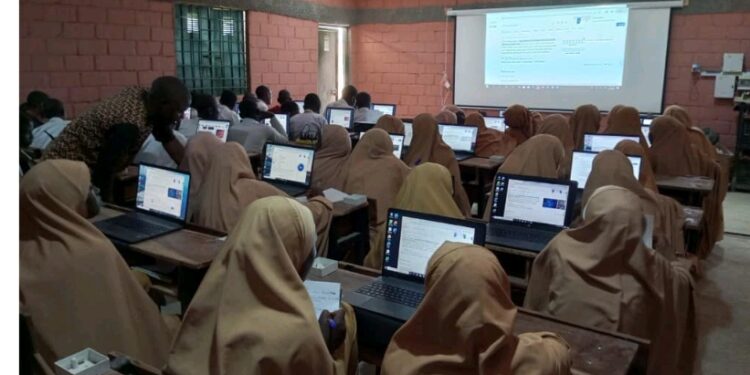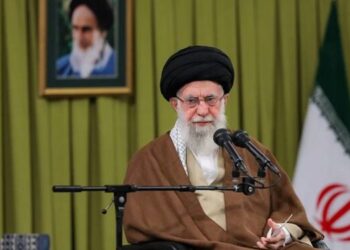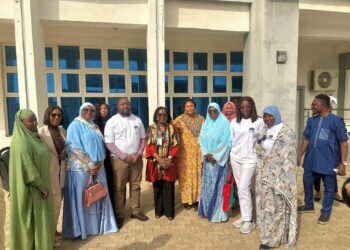The Kaduna State Adolescent Girls Initiative for Learning and Empowerment (AGILE) has successfully trained over 22,000 students across 104 senior secondary schools in Kaduna in digital literacy.
In addition to student training, AGILE has provided digital skills training to teachers, renovated computer laboratories, installed solar power solutions, and equipped schools with devices and internet connectivity.
The initiative aims to equip students with essential digital skills.
AGILE digital skill lead, Muhammad Sani Aliyu, stated in a press release on Wednesday that the project is currently training over 22,000 students across 104 senior secondary schools in the state.
He added that in terms of equipment support, the project has provided 1,250 laptop computers, 5KVA solar power solutions to 100 schools, 50 projectors, 50 projection screens, and has also trained 246 teachers to support this initiative.
Aliyu explained that the training encompasses foundational to advanced digital literacy skills in full alignment with the UNESCO Digital Literacy Global Framework (DLGF).
The framework covers competence areas including information and data literacy, communication and collaboration, digital content creation, safety, problem solving, and device and software operations.
One of the schools benefiting from this initiative is Government Secondary School (GSS) Unguwan Baro in Chikun Local Government Area.
The newly renovated computer lab at GSS Unguwan Baro has become a crucial center for digital learning, providing students access to technology and skills that were previously unavailable.
The School-Based Management Committee (SBMC), comprising community members, traditional leaders, parents, and teachers of GSS Unguwan Baro, demonstrated exceptional commitment by quickly mobilizing resources to repair the damaged roof.
They secured funds from within the community to fix the laboratory, ensuring that students could resume their digital literacy training without significant delay.
The SBMC Chairman, Mr. Joseph Sambo, noted that the enthusiasm shown by the students for the program inspired the committee to address the issue promptly.
He added, “Our school has benefited tremendously from the AGILE Project. We have been trained and shown how to mobilize resources from within ourselves to support the education of our children.”
He further mentioned, “We have seen the impact of the AGILE digital literacy training on our children. The significant improvement in the performance of our students in the 2024 JAMB CBT is due to this training, as our children now use computers with a high degree of confidence.”
The involvement of the SBMC of GSS Unguwan Baro highlights a crucial aspect of sustainable educational development: community ownership.
When communities actively participate in maintaining and improving school facilities, it contributes to the long-term success of projects like the Kaduna AGILE digital literacy program.
The Kaduna AGILE Project has undeniably made a significant impact on students’ lives, but it is the steadfast support of the community that truly magnifies this impact. By taking ownership of the school’s infrastructure, the SBMC of GSS Unguwan Baro demonstrates how local involvement and commitment can drive positive change.











